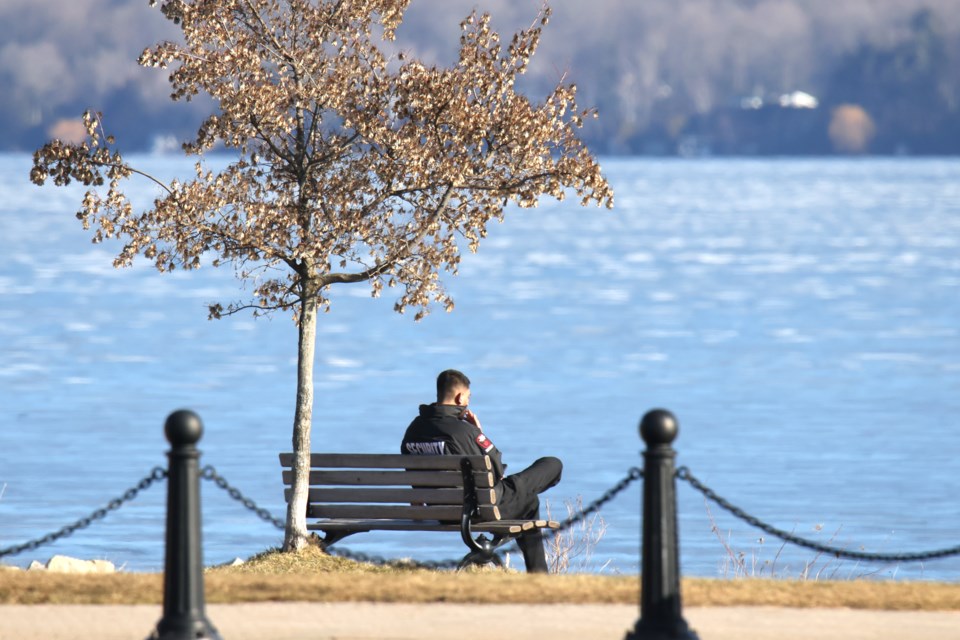I can’t recall thinking so much about summer in March.
And not so much thinking as worrying what kind of summer we’re in store for, after having the kind of winter we’ve had — which is not much of a winter at all, at least to this point. (OK, we’re getting some snow this week, but not that much, although it is cold, for now.)
Because all the snow we’re supposed to get between October and April didn’t, for the most part, show.
We had a few blasts of the white stuff, but it didn’t stay that long, giving way to grass and bare streets.
Bad enough we had a green Christmas, although that’s really not rare anymore.
But the lack of snow this winter matters because it often means a drier spring and summer to follow.
The grass isn’t as green as it should be — it’s more like straw. The gardens, flowers, vegetables and fruits don’t grow as they should.
This isn’t a Barrie problem. It’s not an Ontario or Canadian problem. It’s a global problem.
And what it also means is increasingly worse wildfire seasons through the spring, summer and autumn months.
This used to be a western Canada problem, something for British Columbia and Alberta to worry about, but no more.
I remember walking out my front door one recent summer and seeing a haze of smoke from wildfires in Quebec.
This is the result, all the scientists tell us, of climate change, global warming to whatever else we want to call the burning of fossil fuels that has created greenhouse gases which have damaged the ozone layer that protects us from the sun’s radiation.
Or used to, anyway.
Drier, hotter summers also mean more flooding. The ground is hard, it doesn’t absorb rainfall as it should, so the water flows.
And as we’ve noticed, the days of gentle rainfall during a period of several hours appear to be a thing of the past.
We get more hard rain now, storms that come and go in 15 minutes, filling our streets with water which often taxes our stormwater systems.
You can probably find more scientific explanations for our seemingly snow-less winters, the droughts of summer, the rushing waters of floods, the flames and smoke of wildfires.
But like most, you want to know what, if anything, can be done about the situation.
We could all drive our automobiles less, burning fewer fossil fuels, or switch to electric vehicles, if that ever becomes affordable to average Canadians.
Not easy in a country this large, as Canadians have grown used to the convenience of hopping in their cars and going where they want to get. In Ontario that often means the big smoke (Toronto) or cottage country in northern Ontario, Muskoka, etc.
Who wants to give that up? Check the traffic jams on Highway 400 this summer, specifically heading north on Friday nights, south on Sundays.
There is, of course, no simple solution to climate change and its effects.
Governments have plans to cut emissions, with targets to be reached five or 10 or 20 years from now. Often the targets move along to accommodate political goals.
Really, all we can do is look at our own contribution to climate change and try to change that.
Simple things like driving less, or more efficiently, making sure the exhaust system in our vehicles works as well as possible. That doesn’t seem like it would help much, but if we all did it…
Either way, it’s still March out there and winter is, for the most part, staying away.
Wildfire season in Canada will start even earlier this year, as will the hard rains of summer.
Something to think about right now.
Bob Bruton is a staff reporter at BarrieToday.



